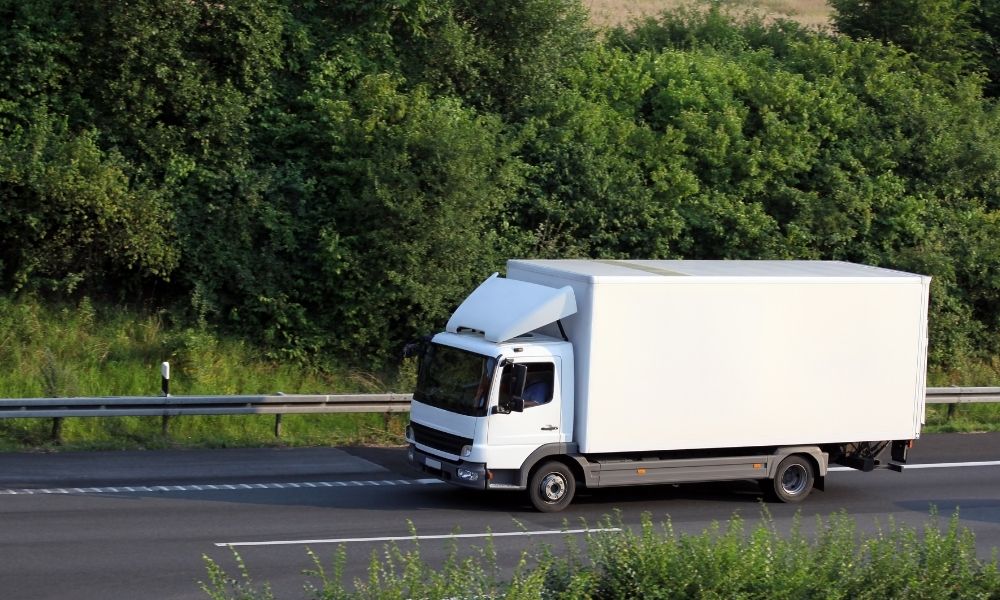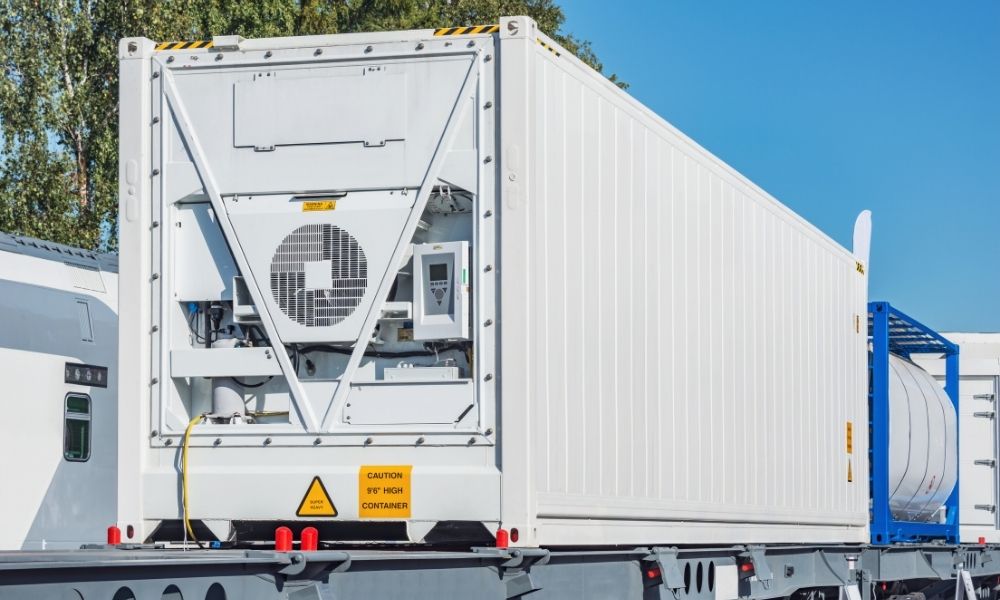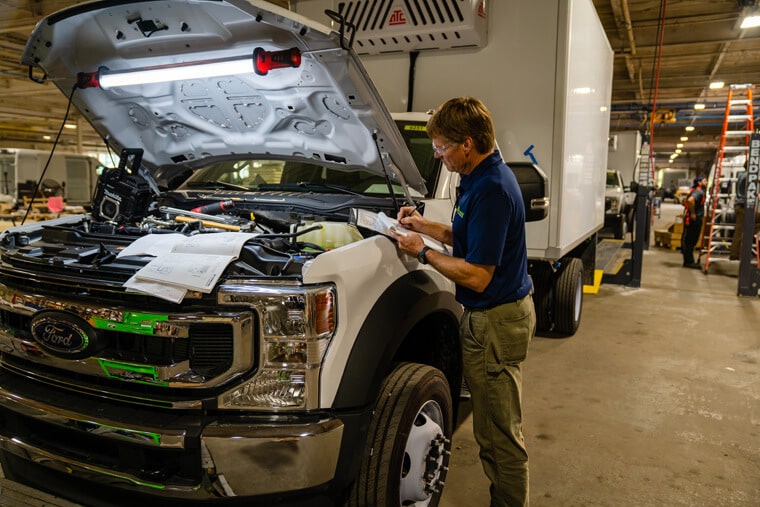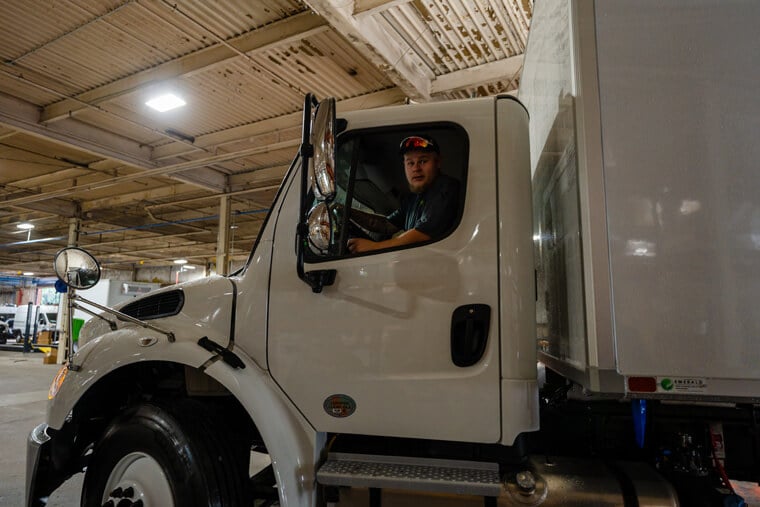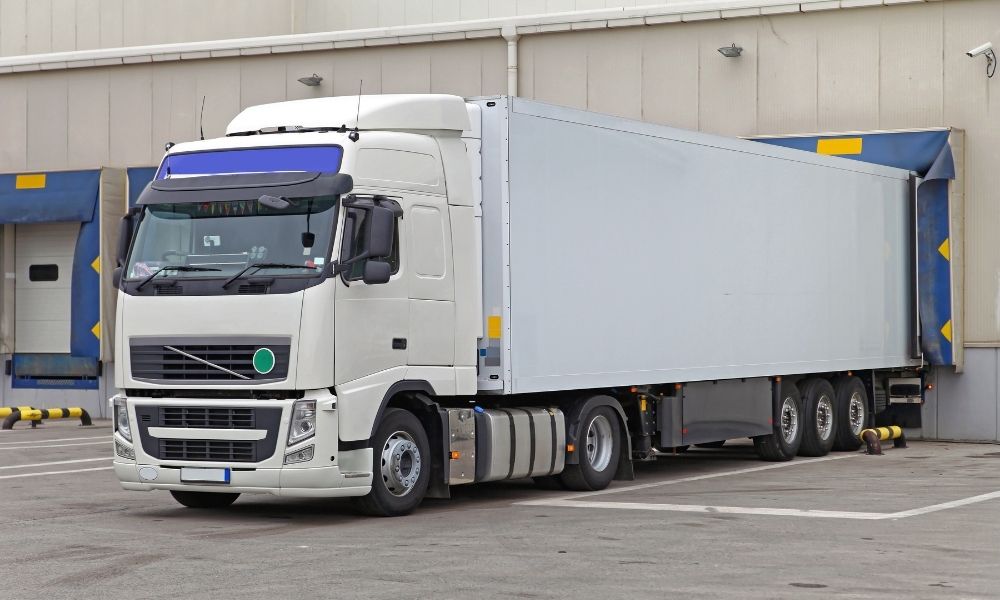
Why Your Delivery Fleet Should Use Refrigerated Trucks
Joe Dickman | July 13th, 2021
When you build your private delivery fleet, you have total control over the whole delivery process. It allows you to tailor the operation around the organization and makes it simpler to manage your present and future demands. When you are buying and leasing vehicles to add to your fleet, you should consider using refrigerated trucks to help deliver products and services. Read on to learn more about why your delivery fleet should use refrigerated trucks.
Flexible Itinerary
With refrigerated trucks, you don’t need to scramble to deliver products before they spoil, rot, perish, or expire. Refrigerated trucks provide you greater flexibility over your schedule and allow you to make more deliveries each day. You can regulate products that need to be chilled at the proper temperatures for extended periods, so you no longer have to worry.
Provide a Greater Choice of Products
Having refrigerated delivery vehicles will allow your business to offer a wider variety of products to customers. For example, refrigerated trucks enable you to provide a broader assortment of unique arrangements, adjust products towards customers’ tastes, and move delicate bouquets with ease. This will give you a leg up on your competitors who might otherwise not have these same capabilities.
Your Merchandise Can Make the Need Undeniable
Necessity is of the biggest reasons why your delivery fleet should use refrigerated trucks. Certain products are virtually impossible to deliver without the use of refrigerated vehicles. Two examples of the types of products you need a refrigerated truck for include:
Shipping Meats
You can use a refrigerated truck to store meat at a controlled temperature so that it may be transported safely, especially over long distances. If your business deals with frozen meats such as steak, poultry, and seafood, you will need refrigerated vehicles for delivery. When dealing with exotic meats, coolers, ice boxes, and refrigerated vehicles are required to preserve large and small game foods such as bison, venison, quail, and rabbit.
Catering
Catering companies routinely use refrigerated trucks to effectively and safely store ingredients and meals. They also frequently require specialized units customized to their requirements to hold all the food, cooking, and serving equipment necessary for each event.
Adding refrigerated vehicles to your delivery fleet can help make your business more versatile while safely shipping certain products. Emerald Transportation Solutions can provide the right high-quality refrigerated delivery trucks to bring your business to the next level. We offer different-sized vehicles that can meet any payload demand. Feel free to connect with us for any questions about our vehicles.
Related Articles
Contact Us
Feel Free To Contact Us If You Have Any Questions
What does under DOT mean?
Questions regarding DOT requirements come up often. 10,000 lbs GVW (gross vehicle weight) and over are commercial vehicles that fall under the Department of Transportation regulatory requirements.
What is the difference between GVW and payload?
GVW or Gross Vehicle Weight is the entire weight of the vehicle including the payload. The payload weight represents the amount of cargo you are hauling.
What is a self-powered unit and a vehicle-powered unit?
A self-powered unit has its own fuel source and will run independent of the truck. This is the heaviest and most expensive option. While vehicle-powered units run off the engine via a compressor mounted on the engine. These are less expensive and lighter in weight but you must run the truck or plug the electric standby into shore power.
What does K-factor mean and why is that important?
K-factor is a term that stands for the overall insulating value of the container (truck body). Quite simply the lower the K-factor the better the truck body will be able to maintain a given temperature and require less energy to do so.
How much lighter is a Poly Van vs a US spec body?
Poly Van bodies are very light. On average we estimate we are 75-150 lbs per foot lighter than a traditional sheet and post foamed in place body. These weight savings translates to less fuel burn and less CO2 emissions, along with added payload, the most important benefit.

